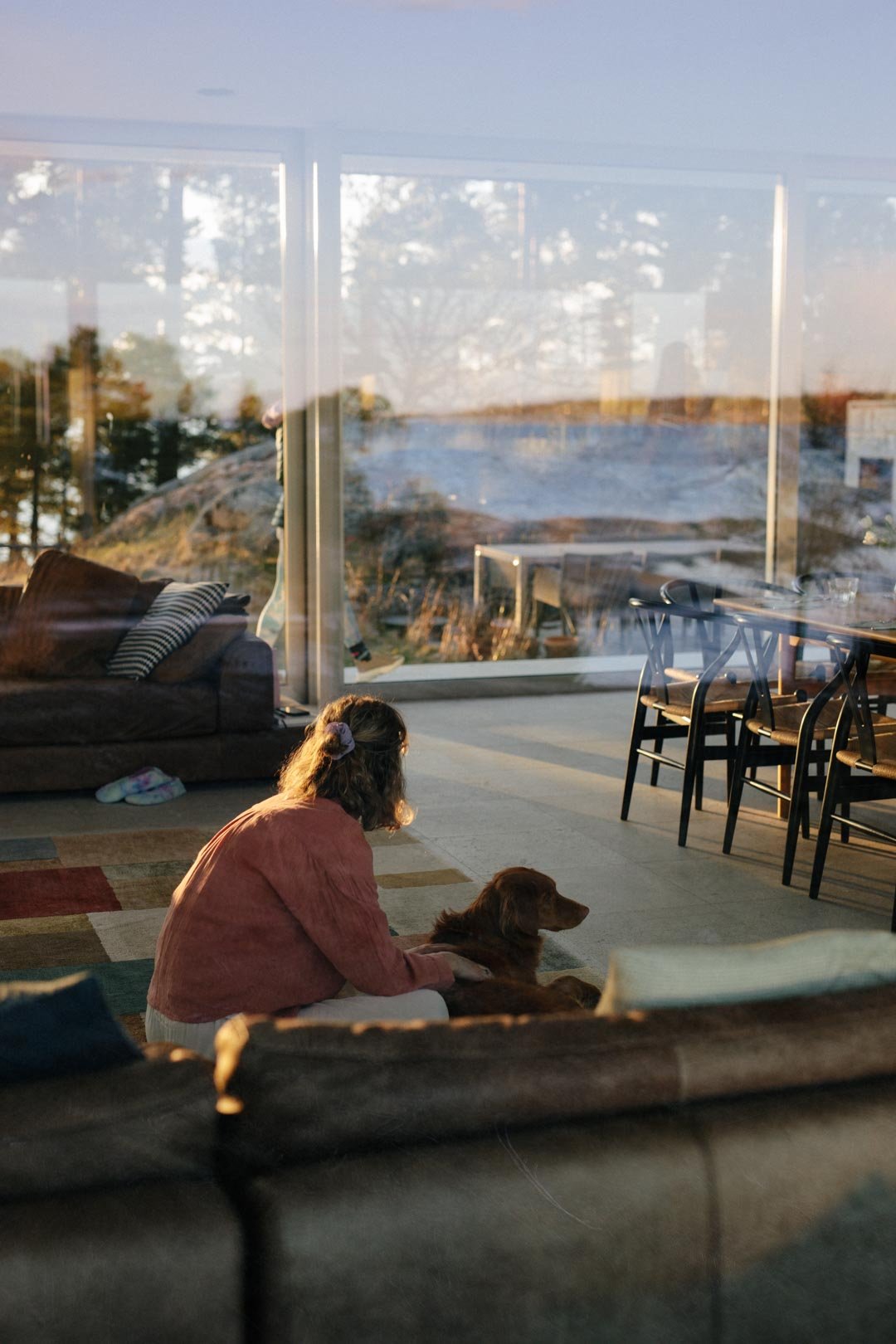Inconspicuous Bhutan – or not?
- Elodie
- March 21, 2023
Have you heard about the Kingdom of Bhutan? A small, seemingly inconspicuous country, deep in the Himalayas, sandwiched between two of the World’s most populated countries, China and India. For those who have heard of it, Bhutan often conjures up an image of one big monastery populated with happy monks. However, Bhutan is so much more than that. In 2016, Bhutan’s Prime Minister at that time, Tshering Tobgay held an illuminating TED talk in Vancouver about Bhutan's pledge to remain climate neutral forever, which has inspired me ever since I first watched it a few years ago. Hence this blog post, outlining the key messages of his talk. “This country isn't just carbon neutral. It's carbon negative”. This sentence stuck with me. How can a whole country be carbon neutral, let alone carbon negative, as the only country of over 200 countries in this world? In 2009, at the COP15 in Copenhagen Bhutan announced for the first time to remain carbon neutral for all time. One may think that is a big and bold statement to make, but somehow it didn’t create a stir. “Governments were so busy arguing with one another and blaming each other for causing climate change, that when we as a small country raised our hands and announced, ‘We promise to remain carbon neutral for all time’. Nobody heard us. Nobody cared”. At COP21 they reiterated their statement, and they were eventually heard. Suddenly, everyone was interested in their sustainability secrets and wanted to collaborate.
So how do they do it? Bhutan is a small country, with a small economy, but they use their limited resources very carefully. Their key is good governance, namely one that balances economic growth, environmental sustainability, social development and cultural preservation. They consider themselves “blessed with extraordinary kings”, kings who have as a mission to put their people’s happiness before economic growth and at the same time set a world standard for environmental preservation. They call this phenomenon Gross National Happiness (GNH), as opposed to Gross National Product (GNP). All activities in Bhutan are driven by GNH and strive for a development with values. “Economic growth is important, but that economic growth must not come from undermining our unique culture or our pristine environment”. Their culture and their environment are flourishing. Education is free in Bhutan, as is healthcare. They subsidize LED lights and electric vehicles; their government is paperless, and they provide free electricity to farmers (so they don’t have to work with fire to sustain themselves). The fast-flowing rivers are used to produce green energy, which they are even able to export. They outlined and connected protected areas to preserve national parks, where wildlife can roam free throughout the countries. Around 72% of the country is under forest cover and in the constitution is says that a minimum of 60% of the land shall remain forest for all time. They keep planting trees to keep their forests pristine and to sustain their net carbon sink. In this way, Bhutan generates around 2.2 million tons of CO2, but their forests consume more than 3 times of that, sinking 4 million carbon dioxide tons. “The forests are our lungs”.
But how can their government and their small economy afford these conservation efforts? They asked themselves the same question and came up with ‘Bhutan for Life’. Bhutan for Life is an innovative donor transition fund that finances the preservation efforts for 15 years until the government can take over the financing and promises to do for all time. Tobgay’s dream is to replicate the Bhutan for Life idea in other countries worldwide. Let’s dream with him and share Tobgay’s story, passion and Bhutan’s fantastic climate solutions.
Links
TED talk:
https://www.ted.com/talks/tshering_tobgay_this_country_isn_t_just_carbon_neutral_it_s_carbon_negative
Bhutan for Life
https://www.bfl.org.bt/
Source (picture)
https://www.freepik.com/free-photo/aerial-shot-small-village-hill-surrounded-by-forested-mountains_17245928.htm
